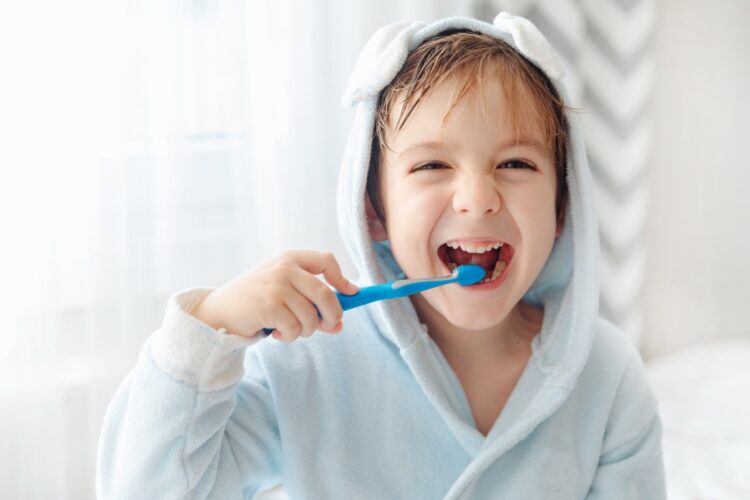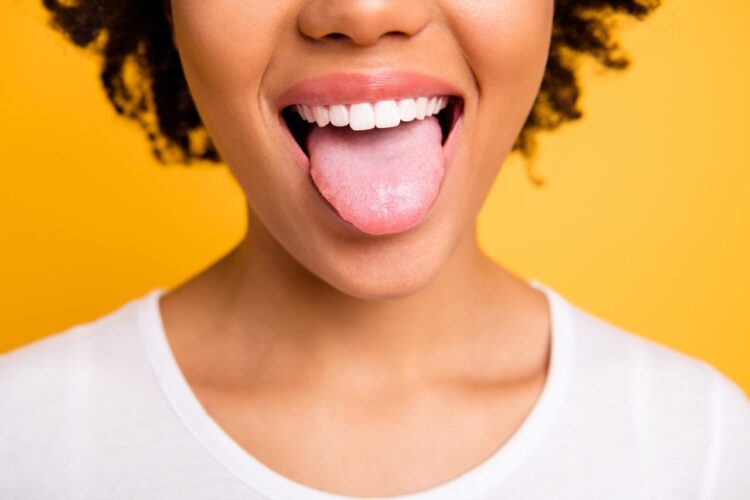It’s more than likely you grew up being told sugar will rot your teeth. If you think it’s something your parents said to you in order to get you to stop eating candy, we’re here to tell you it’s actually true. But how, exactly, does sugar affect our teeth?
At Timp Dental, we try to give you the knowledge and tools you need to help your little ones learn to take care of their own dental health. As a leading pediatric dentist in American Fork, our knowledgeable staff wants to help you better understand oral health.
Sugar Doesn’t Work Alone
Did you know it isn’t actually the sugar all by itself that has negative effects on your teeth? When you consume food or beverages that contain sugar, it’s a chemical reaction with your own saliva that leads to problems. That’s right; your own spit is working against you!
Here’s what happens:
- You eat or drink something that contains sugar and the bacteria already present in your mouth meets up with the sugar molecules in your saliva. If you brush your teeth soon after eating or drinking, it doesn’t usually lead to a problem. However, it’s not always an option to brush after every meal or drink.
- The sugar and bacteria eventually combine to form plaque. This invisible film rests on the enamel, or outer coating, of your teeth.
- In as little as 20 minutes, the bacteria in the plaque eats sugar molecules and releases acid, which can eat away at your tooth enamel, eventually leading to cavities if left untreated. Loss of tooth enamel also causes teeth to lose their shine, and it can affect the color of your child’s teeth.
- Over time, sugar can also lead to gum disease. If left untreated, it can expose the teeth and cause issues at the roots.
How Do I Get Rid of Bacteria in My Child’s Mouth?
You might think the answer is to clean your mouth more vigorously, or more often. While it is beneficial to brush after every meal, every pediatric dentist knows you’re not going to get a toothbrush in your child’s mouth three times a day (or, really, 100 times a day after every meal, snack and drink). Also, some of the bacteria in our mouths is actually beneficial to us. So you don’t want to get rid of all of it! It’s more about balancing out the bacteria with healthy oral hygiene habits.
Should My Child Eat Less Sugar?
While dietary choices are entirely up to your and your pediatrician, we have some suggestions for providing protection to your child’s teeth regardless of how much sugar is in their food and drink
- Spread out meals and snacks – When you encourage your child to eat their meals and snacks in a timely manner, as opposed to grazing throughout the day, you’re helping their teeth. When we’re done eating, we naturally give our mouths time to recalibrate. Basically, not having food in our mouths constantly means our teeth have time to rebuild their natural defences without the constant presence of food residue feeding bacteria.
- Drink water with meals – If you can’t brush your child’s teeth following every meal, at least encourage drinking water instead of juice or soda. While not the same as actually taking bristles to the teeth and gently scrubbing away food, drinking water can help wash down at least some of it. Rinsing away some of the sugar molecules is better than nothing!
- Brush with fluoride toothpaste – When you do get a toothbrush into your child’s mouth, brushing with fluoride toothpaste and/or rinsing with a fluoride mouthwash can aid the remineralization process of their teeth. It gives a little boost to the body’s natural ability to provide enamel protection against potentially harmful food and drink.
- Encourage flossing – Even if your child doesn’t have all their teeth, it’s important to start teaching good flossing at an early age. As you know, flossing helps remove food buildup between the teeth; brushing alone can miss some of that residue, offering a feast of sugar molecules for the bacteria in your child’s mouth.
How to Make Brushing Fun for Kids
Sure, all this advice is easy for a pediatric dentist to dish out. How do you actually get kids to brush and floss to help protect their teeth from sugar?
- Electric toothbrush – There are so many options for electric toothbrushes, and they can make brushing a lot more fun, and efficient, for kids. Some come with stickers for customizing your brush, and some even have built-in timers.
- Toothbrushing song – Make brushing time deliberate and fun with a special song or video. Only play it or hum it together when brushing teeth to make it an occasion for the whole family.
- Race – Whether you have the kids race each other or you, encourage them to get through their daily dental routines quickly (sometimes even a rushed job is better than nothing!)





